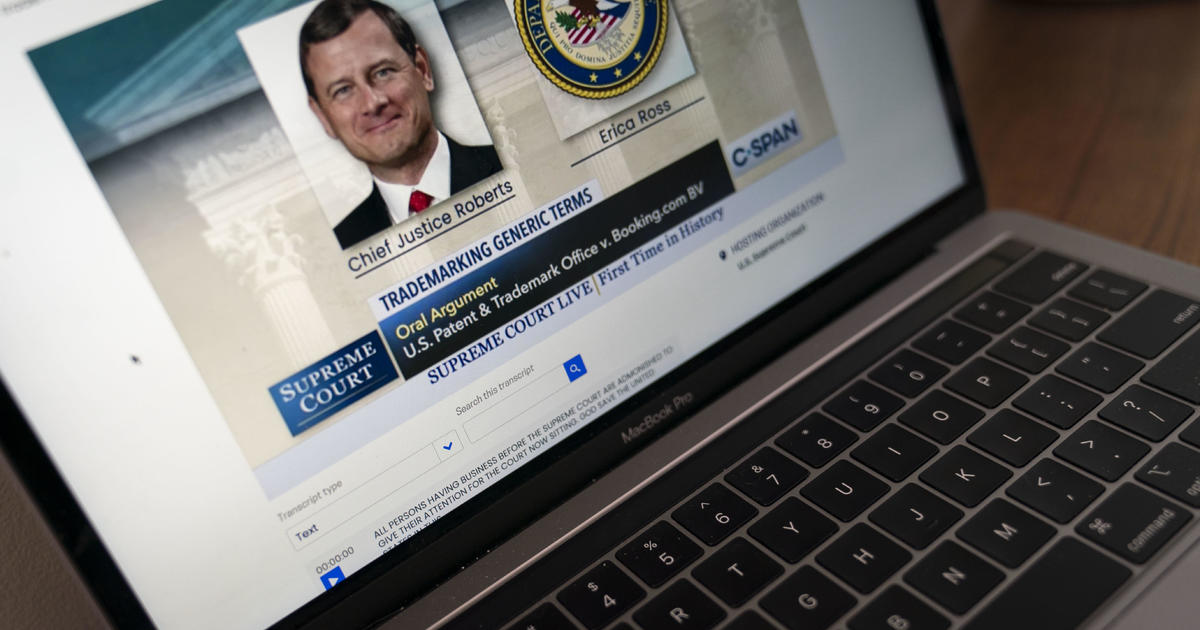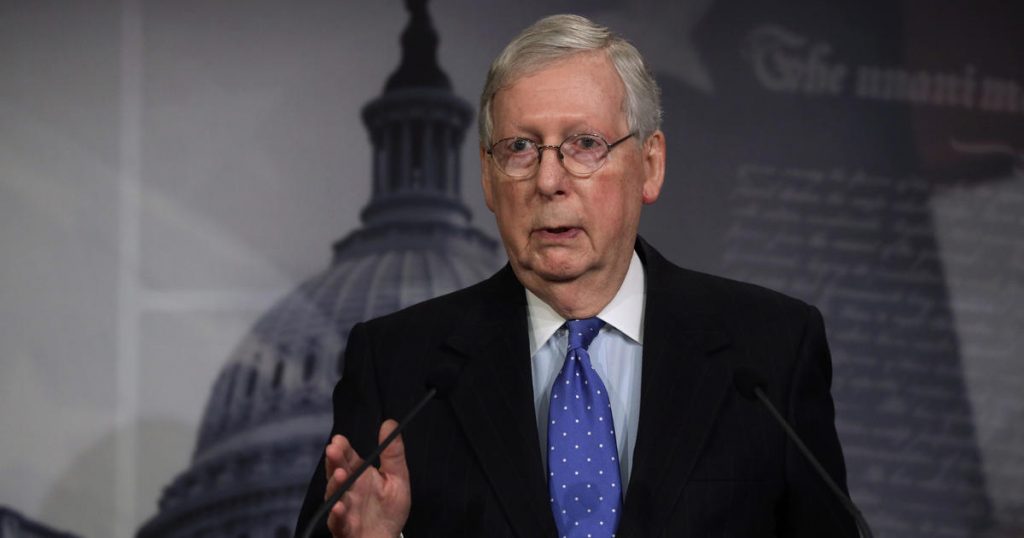
Washington — The Supreme Court is convening Tuesday morning for the second day of arguments conducted remotely by telephone due to the coronavirus pandemic, which has left the stately courtroom closed to the public and forced the high court to embrace technology.
In an hour-long session, the justices are hearing arguments in a dispute over whether a condition for federal funding imposed on organizations fighting HIV/AIDS abroad is constitutional. At the start of arguments, Chief Justice Roberts noted that Justice Elena Kagan is recused.
Congress passed in 2003 the United States Leadership Against HIV/AIDS, Tuberculosis and Malaria Act, which included the condition that nongovernmental organizations receiving funds under the law must “have a policy explicitly opposing prostitution and sex trafficking.”
In 2013, the Supreme Court ruled 6-2 — Kagan was recused then as well — the policy requirement for U.S.-based organizations violates the First Amendment. But the justices are now asked to determine whether the government can apply the funding condition to affiliates of U.S.-based groups incorporated overseas. A federal district court ruled applying the funding requirement to those foreign affiliates is unconstitutional, and the 2nd U.S. Circuit Court of Appeals agreed.
How to listen to Supreme Court arguments
-
What: The Supreme Court hears arguments by telephone in USAID v. Alliance for Open Society International
-
Date: Tuesday, May 5
-
Time: Now
-
Online stream: Live on CBSN — in the player above and on your mobile or streaming device
The court, like millions of Americans, government institutions and businesses, has been forced to change the way it conducts its business because of the coronavirus pandemic. As part of efforts to ensure the safety of the justices and court employees, the Supreme Court building has closed its doors to the public indefinitely and canceled oral arguments in cases scheduled for March and April.
But for a select number of those cases, the technology-resistant Supreme Court decided to move into the digital age by holding arguments by telephone conference over six days in May. The court is also providing live audio of those sessions, a first for the institution that only rarely allows for same-day audio of high-profile legal battles.
Among the remaining cases set to be heard remotely are a dispute over Obamacare’s contraception mandate, which will be argued Wednesday, as well as closely watched fights over subpoenas for President Trump’s financial records and a case involving the Electoral College, which will take place next week.
The Supreme Court’s first foray into telephonic arguments went off with few issues Monday, when the justices heard a trademark dispute between the U.S. Patent and Trademark Office and Booking.com, which sought to trademark the name.
Roberts kept questioning by his colleagues moving swiftly, as he frequently cut off the lawyers involved or urged them to answer briefly.
In-person arguments are typically a free-for-all, with justices jumping in to ask their questions and at times talking over one another. But under the new format, the justices are posing their questions one-by-one in order of seniority, with Roberts beginning, followed by Justice Clarence Thomas and Justice Ruth Bader Ginsburg, all the way to Justice Brett Kavanaugh.
Thomas, who typically does not ask questions during oral arguments, posed several to both attorneys arguing Monday.

